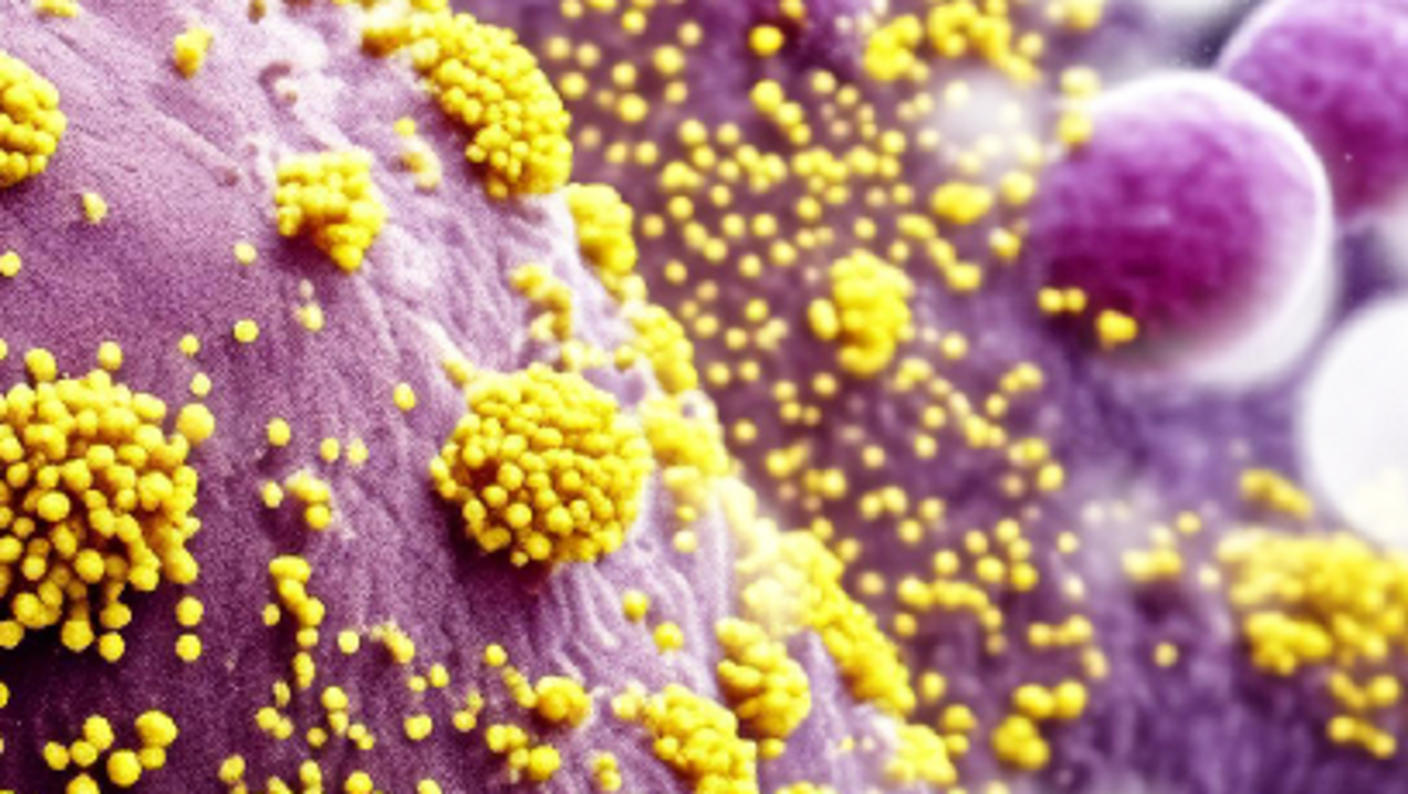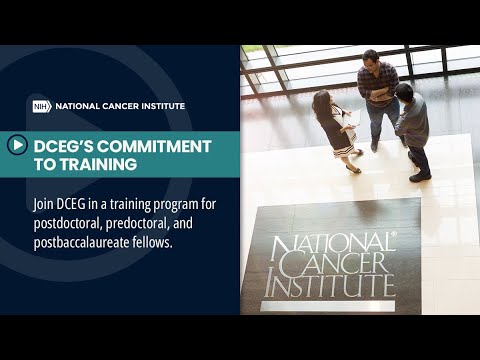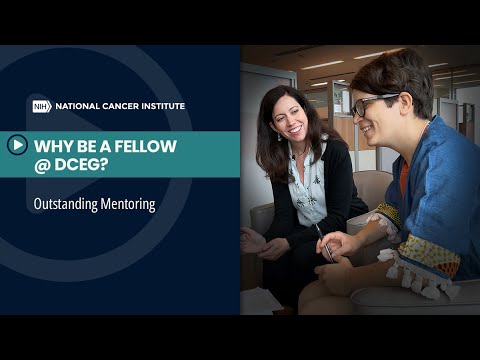Investigators in the Infections and Immunoepidemiology Branch (IIB) work with fellows to study the role of infectious agents and immune function in cancer risk. In collaboration with laboratory scientists, clinicians, and statisticians, IIB conducts multidisciplinary research studies nationally and internationally. In addition to epidemiologic and clinical data, many IIB field studies include extensive biological specimen collection that allows for careful molecular testing to better define both exposures and outcomes of interest. Descriptive epidemiology studies aimed at quantifying and explaining national and international trends in cancer incidence and mortality are also a focus. This work includes studies of:
- People living with HIV
- Solid organ transplant recipients
- HPV vaccination and natural history
- Other infections linked to cancer (e.g., hepatitis B and C viruses, Epstein-Barr virus, Helicobacter pylori)
- Immunologic factors
- Natural history of infection-related malignancies
Learn more about the Infections and Immunoepidemiology Branch research areas.
Apply to be a Fellow in IIB
Candidates must hold a degree in epidemiology, medicine, or a related field. Individuals with strong quantitative skills are encouraged to apply. Familiarity with infectious diseases, immunology, and/or cancers associated with infectious agents is also desirable.Postdoctoral, predoctoral and postbaccalaureate fellowship applications are accepted on a continuous basis. Contact investigators in IIB conducting research in your area of interest and send a copy of your CV; DCEG scientists are always on the lookout for new fellows. In addition, submit your CV to the application database so it can be reviewed by investigators across the NCI who may be searching for fellows. You can also apply for training positions with specific investigators listed below.
Training Opportunities with Specific Investigators
There are no opportunities with specific investigators at this time. However, the branch does accept applications on a rolling basis.
To explore training opportunities in other research areas, see a full list of the DCEG research groups on the Apply for Fellowships page.


